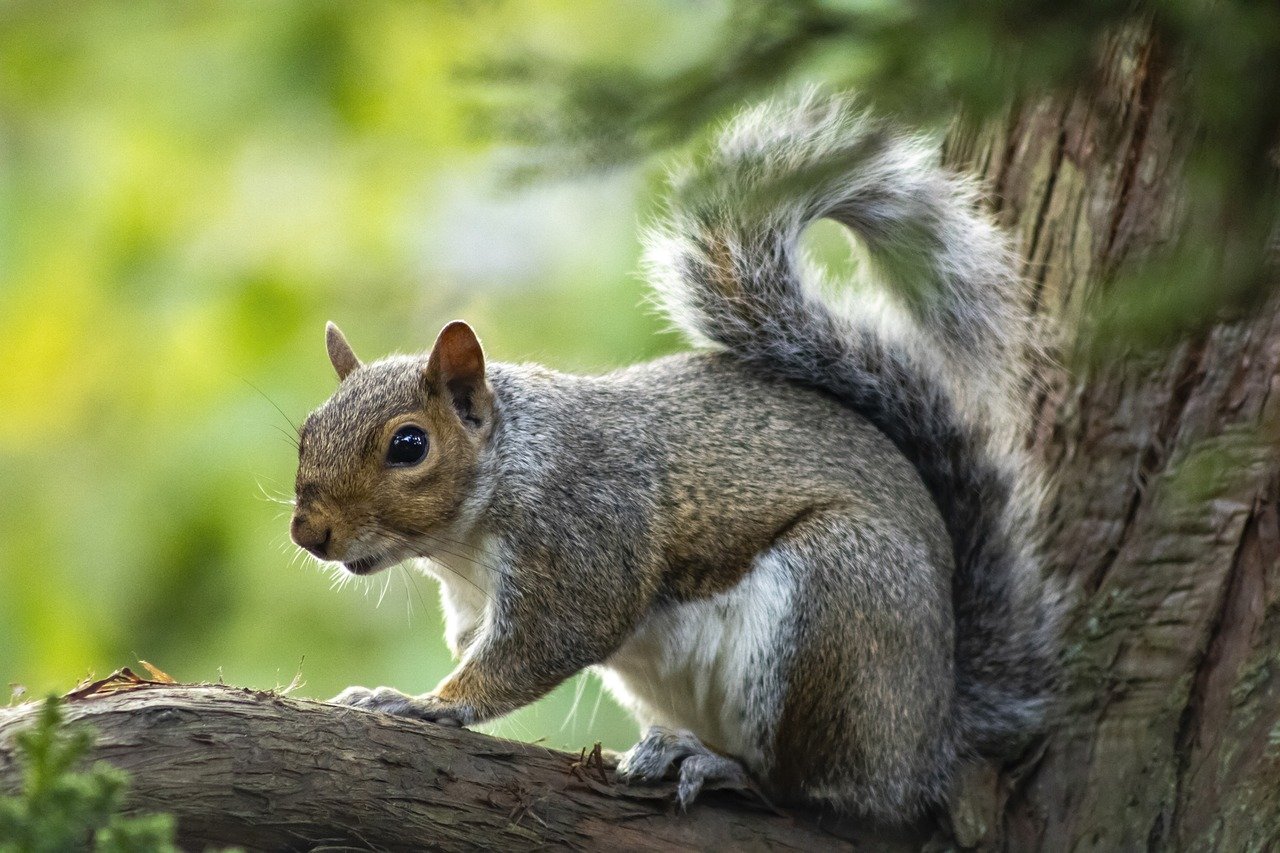As the crisp air of autumn settles in and the leaves turn vibrant hues of orange and gold, small game hunting season emerges, offering a unique and cherished experience for hunters across the country. For many, this time of year is more than just an opportunity to harvest game; it’s a celebration of tradition, skill, and the great outdoors. Whether you’re a seasoned hunter or new to the sport, small game hunting can be a deeply rewarding pursuit. Here’s a comprehensive guide to understanding and enjoying the small game hunting season.
What is Small Game Hunting?
Small game hunting typically refers to the pursuit of animals that are smaller in size compared to big game species like deer or elk. This category includes a variety of animals such as squirrels, rabbits, grouse, quail, and pheasants. These species are often abundant and offer a different set of challenges and rewards compared to larger game. Small game hunting is an accessible way for hunters of all skill levels to engage with the sport and experience the thrill of the hunt.
The Appeal of Small Game Hunting
Accessibility: Small game hunting is often more accessible than hunting larger game. It requires less specialized equipment and can be pursued in a variety of environments, from dense forests to open fields. This makes it a great entry point for novice hunters.
Skill Development: Hunting small game demands a high level of skill and precision. Unlike larger game, which may require long-range shooting, small game often necessitates quick reflexes and accurate shooting at smaller targets. This can be an excellent way to hone your skills.
Ecological Balance: Small game animals can sometimes become overpopulated, leading to negative impacts on their habitat and other species. Responsible hunting helps maintain ecological balance and can contribute to the health of the local environment.

Tradition and Connection: For many hunters, small game hunting is a cherished tradition passed down through generations. It’s an opportunity to connect with family, friends, and the natural world. The satisfaction of a successful hunt and the enjoyment of cooking and sharing the harvest further enhance the experience.
Preparing for the Season
Know the Regulations: Each state or region has its own set of regulations regarding hunting seasons, bag limits, and permissible hunting methods. Be sure to familiarize yourself with these rules to ensure a legal and ethical hunt. This includes acquiring the necessary permits and understanding any specific restrictions.
Gear Up: The gear needed for small game hunting can vary based on the target species. Common equipment includes shotguns, rifles, and air guns, as well as appropriate ammunition. Ensure your firearm is in good working order and practice regularly at the range to maintain your accuracy.
Clothing and Safety: Dressing appropriately for the weather and terrain is crucial. Wear layers to manage changing temperatures and choose colors that blend with the environment. Additionally, safety gear such as blaze orange vests is essential for visibility and to prevent accidents with other hunters.
Scout and Plan: Successful hunting often starts with effective scouting. Familiarize yourself with the area you plan to hunt, looking for signs of small game activity such as tracks, nests, or droppings. Developing a hunting strategy based on this information will increase your chances of success.
During the Hunt
Be Patient and Observant: Small game hunting requires patience and keen observation. These animals are often elusive and may have sharp senses of hearing and sight. Move slowly and quietly, and be prepared to wait for the right moment to take a shot.
Ethical Hunting: Practice ethical hunting by ensuring clean, humane shots and avoiding unnecessary suffering. Follow all safety guidelines and respect the land and wildlife. Always aim to leave the environment as you found it, or better.
Respect Wildlife: Remember that small game animals are an integral part of the ecosystem. Treat them with respect and appreciate the role they play in nature. This mindset will enhance your overall hunting experience and foster a deeper connection with the environment.

Post-Hunt: Processing and Cooking
Field Dressing: Proper field dressing is crucial for preserving the quality of your harvest. Learn the techniques for gutting and cleaning small game to ensure the meat is safe and enjoyable to eat.
Cooking: Small game offers a variety of culinary possibilities. Recipes for roasting, grilling, or stewing can highlight the unique flavors of different species. Whether you’re cooking up a hearty stew or a simple roast, small game meat can be a delicious addition to your meals.
Sharing the Harvest: One of the most rewarding aspects of hunting is sharing the fruits of your labor with others. Host a meal for family and friends to celebrate the season and showcase your culinary skills.
Conclusion
Small game hunting season is a time of excitement, challenge, and tradition. Whether you’re drawn to the sport for the opportunity to hone your skills, connect with nature, or carry on a family tradition, it offers a range of experiences that can be deeply fulfilling. By preparing properly, respecting the regulations, and practicing ethical hunting, you can make the most of this season and enjoy all that small game hunting has to offer. So, as the leaves fall and the air turns crisp, grab your gear and head into the great outdoors—small game season is waiting.